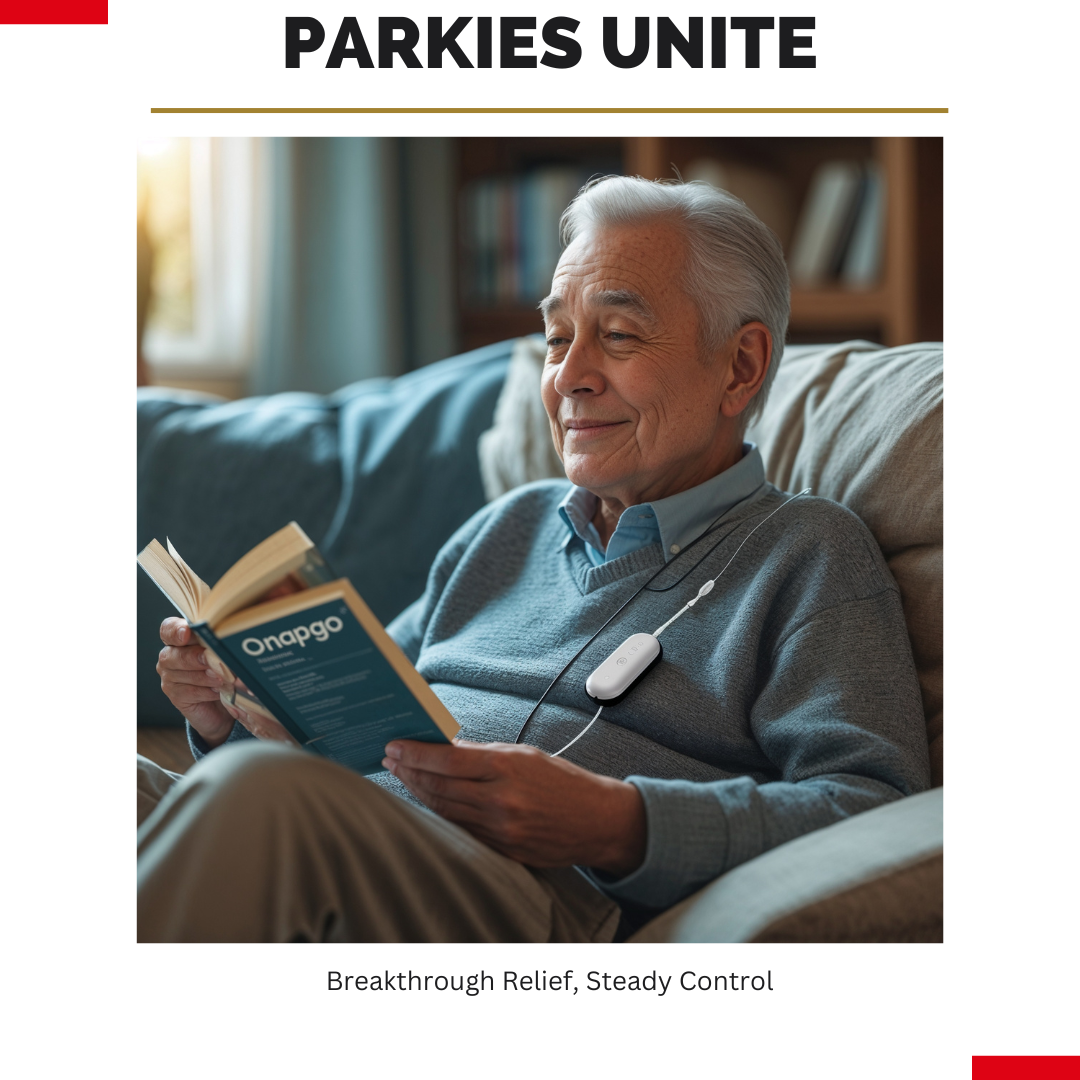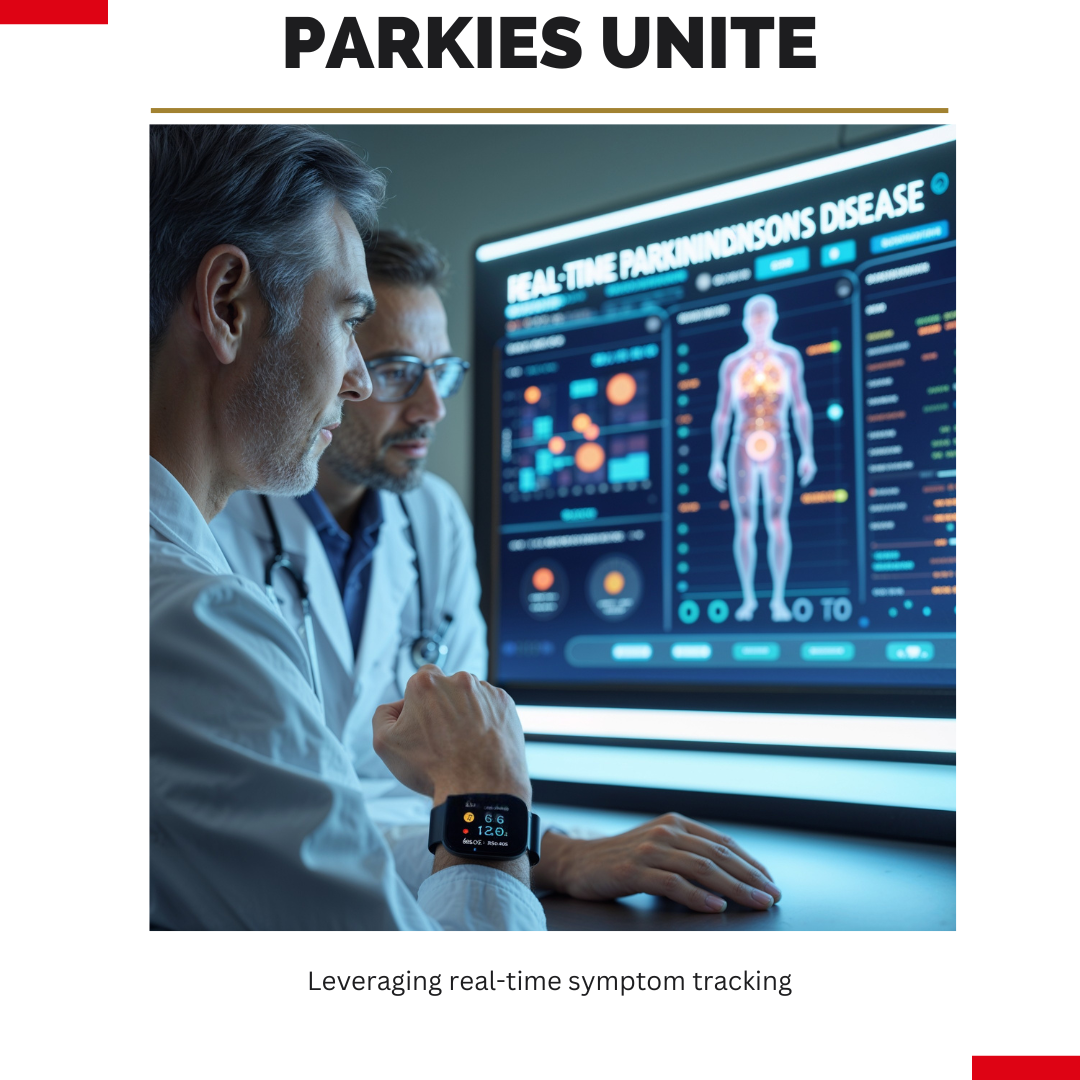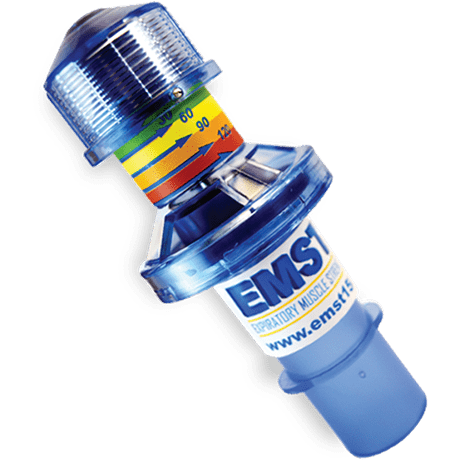EATING RIGHT FOR PARKINSON’S

Reading Time: 4 minutes
Welcome to Parkies Unite, where we delve into in-depth discussions on Parkinson’s disease (PD) and ways to make daily life smoother for everyone affected. In this long-form blog post, we …
FDA Approves Onapgo for Parkinson’s

Reading Time: 3 minutes
What You Need to Know
The recent approval of Onapgo (apomorphine hydrochloride) by the FDA marks a significant milestone in Parkinson’s disease treatment, particularly for those experiencing motor fluctuations. This drug-device …
Read MoreOptimizing Onapgo for Parkinson’s Disease:

Reading Time: 3 minutes
How Algorithms Are Transforming Treatment
Health platforms that utilize advanced algorithms to optimize treatments like Onapgo for Parkinson’s disease (PD) are revolutionizing patient care. These platforms analyze large datasets from wearable …
Read MoreDistinguishing ET vs PD-TD

Reading Time: 10 minutes
In this blog post, we use these relevant SEO keywords to frame our discussion: essential tremor, Parkinson’s disease, tremor-dominant, nonmotor symptoms, hyposmia, PD, ET, differential diagnosis, action tremor, resting tremor, …
Read More